Not only does Parkinson’s affect the neurological system, but changes in the skin are common symptoms of PD. Many individuals living with PD develop oily or flaky skin, while others might experience dry skin or excessive sweating. While overall cancer risk is reduced in PD, skin cancer risk – especially melanoma – increases.
Keep in mind, it is important to continue your daily outdoor activities (walking, gardening, golfing, etc.) to get your vitamin D and fresh air. Below are some common symptoms and tips to handle skin problems safely.
Seborrheic Dermatitis – Irritated skin
Seborrheic dermatitis is a common skin condition in the general population, but even more commonly found in people living with PD. This condition causes scaly patches, red skin, and stubborn dandruff, but can also affect oily areas of the body, such as the face, sides of the nose, eyebrows, ears, eyelids and chest. In PD, it is thought to be caused by over-secretion of oils from the sebaceous glands in the skin.
Seborrheic dermatitis can be controlled with:
- lifestyle changes
- topical creams
- washing the skin regularly
- avoiding harsh soaps and products that contain alcohol
- Over-the-counter medicated shampoos containing salicylic acid, zinc, selenium, tar or ketoconazole can help.
A dermatologist can recommend treatment for severe symptoms, such as prescription-strength shampoos, steroids or other immune suppressants.
Sweating Changes
Another common skin-related non-motor symptom of PD are sweating abnormalities, more specifically the inability for your body to regulate its temperature correctly. In its most pronounced form, people with PD describe episodes of sudden, profuse sweating that necessitate a change in clothing. But it could also mean reduced sweating for some people.
In people with PD, there can be pathologic changes in the parts of your brain that regulate temperature, as well as in the nerves that regulate the sweat glands. People with PD may experience increased or decreased sweating, or a combination of both. One common pattern is reduced sweating in the body with increased sweating in the face. Another temperature regulation symptom that some people with PD experience is the sensation of cold hands or feet.
These at-home tips can help with sweating:
- Wear breathable cotton clothes and socks, and non-synthetic shoes
- Take lukewarm or cold showers
- Increase fluid intake
- Drink cold liquids
- Use antiperspirant
Skin Cancer
Melanoma is a type of skin cancer that has been consistently linked to PD. People who have had melanoma are at an increased risk for PD and people who have PD are at an increased risk of melanoma.
Melanomas are more likely to spread from the skin to internal organs than any other skin cancers. Recent studies have suggested the likelihood of developing malignant melanoma is two to seven times higher in people with PD than the general population. While melanomas are relatively rare (even in people with PD), early diagnosis and treatment is important.
You should know what other melanoma risk factors you have. These include:
- Increased age
- Male
- Personal history of melanoma or other skin cancers
- Family history of melanoma
- Fair skin, light eyes, freckles
- Exposure to UV rays, usually from sun exposure
These tips below are applicable to all adults with and without PD:
- Minimize sun exposure by wearing protective clothing and avoid being out in the sun at peak times, such as midday.
- Use a waterproof sunscreen that protects against UVA and UVB rays and that is at least SPF 30.
- Visit a dermatologist at least once a year for a skin check.
- Visit the National Institutes of Health website for more information on the types of skin changes that should raise concern.

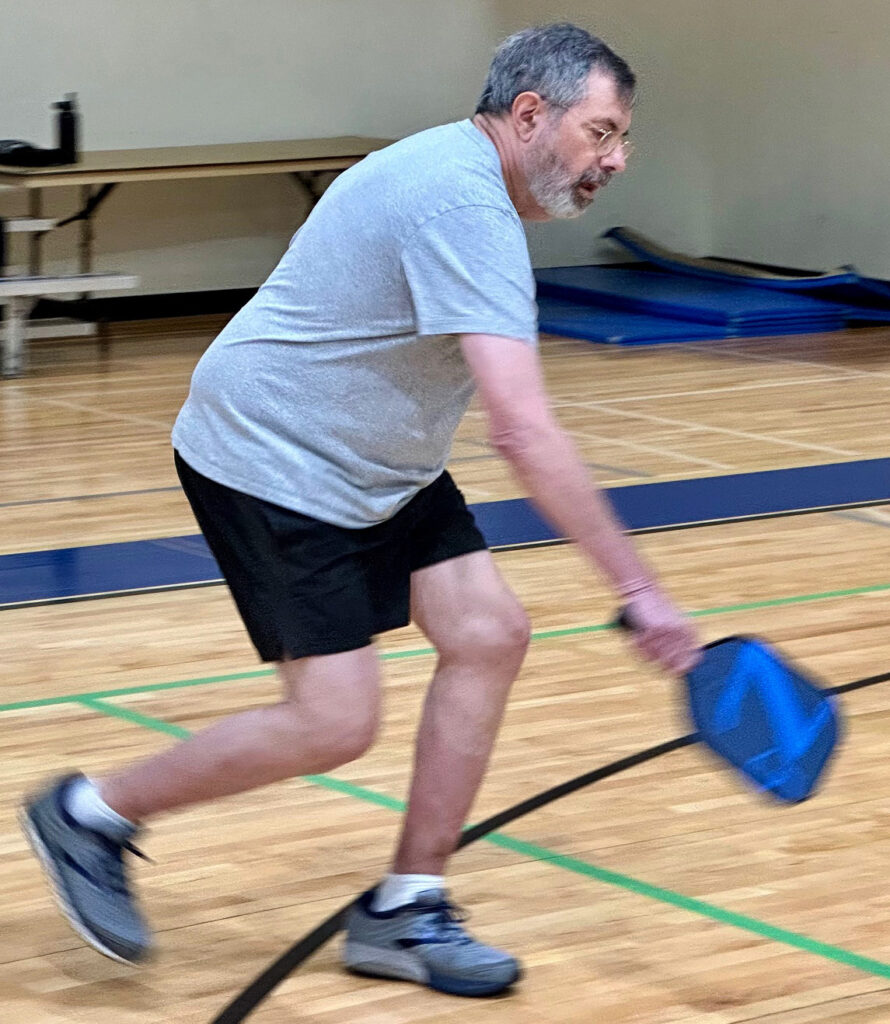
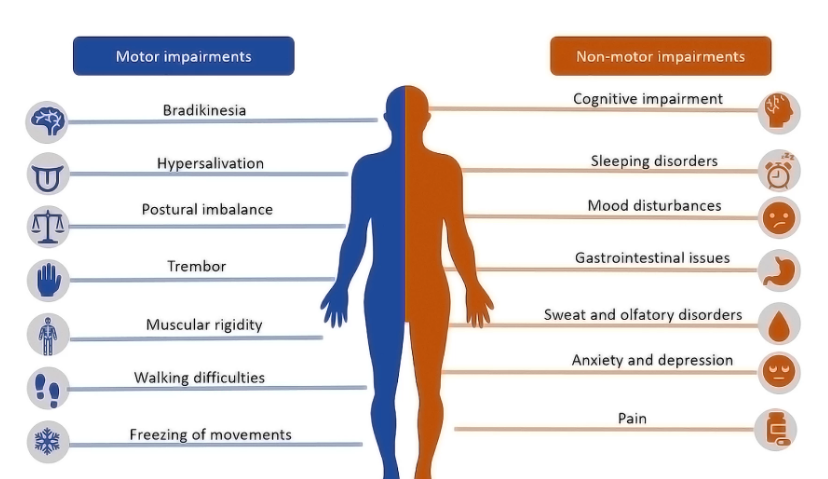
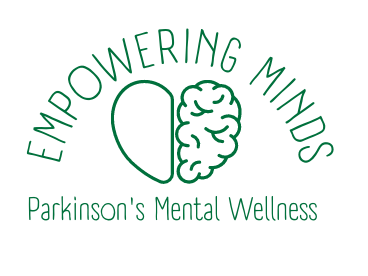

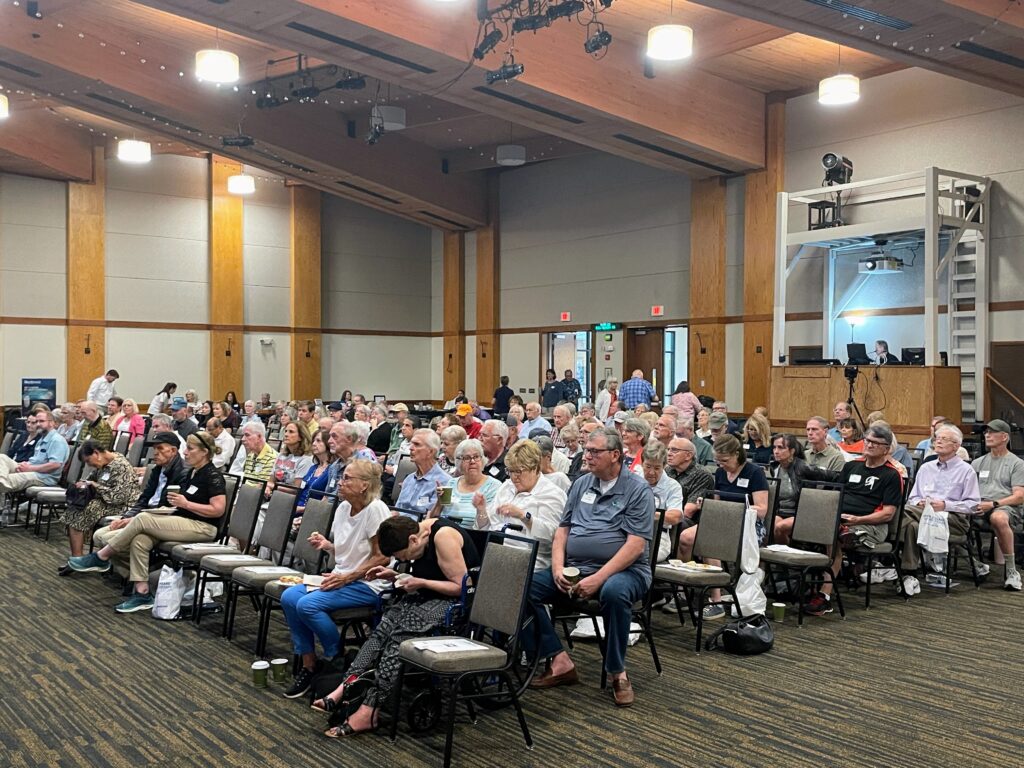
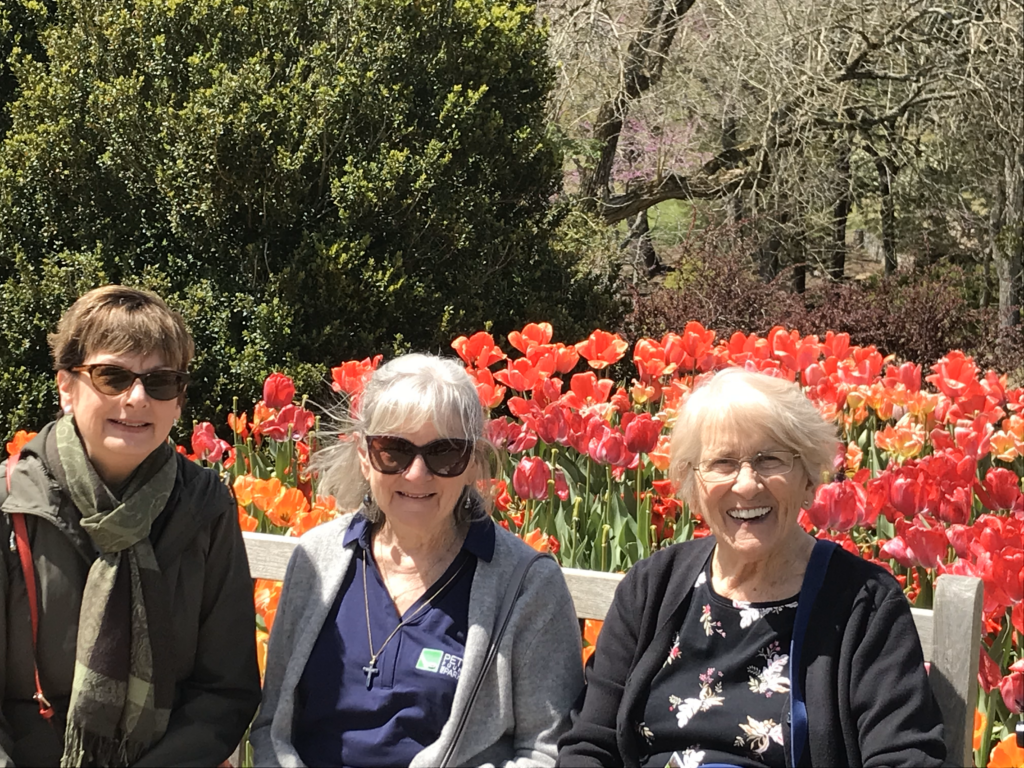

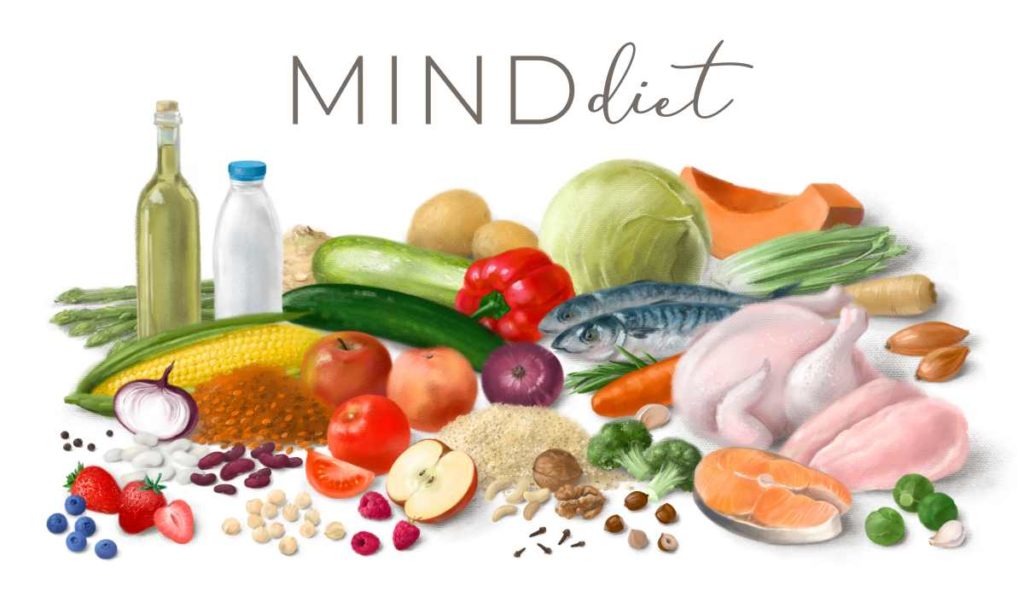


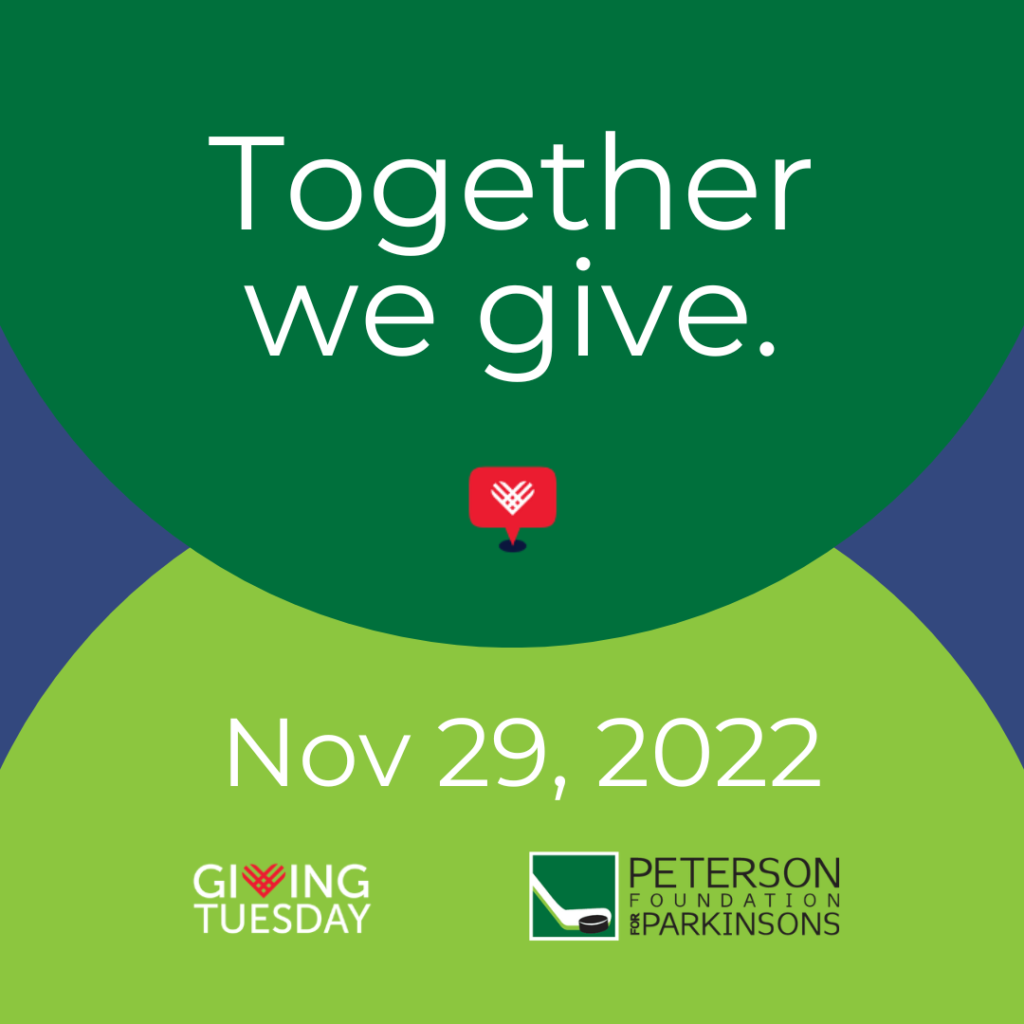
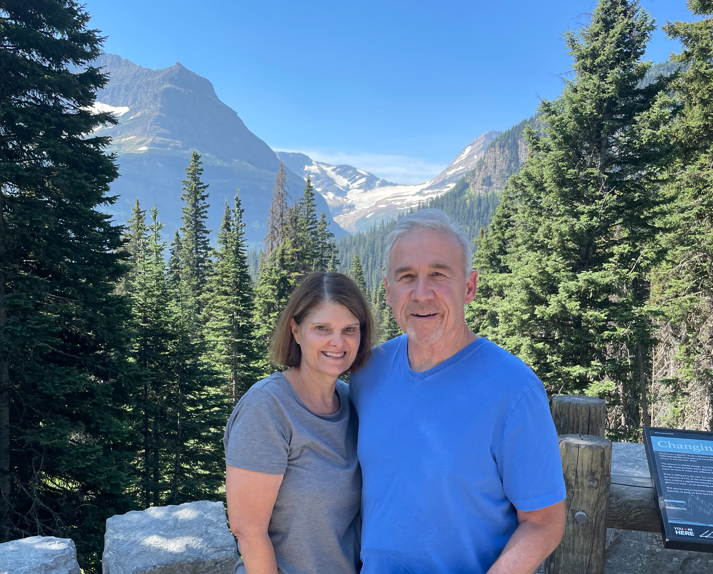
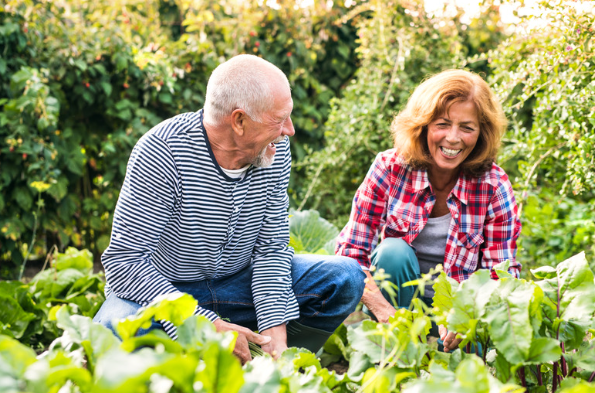
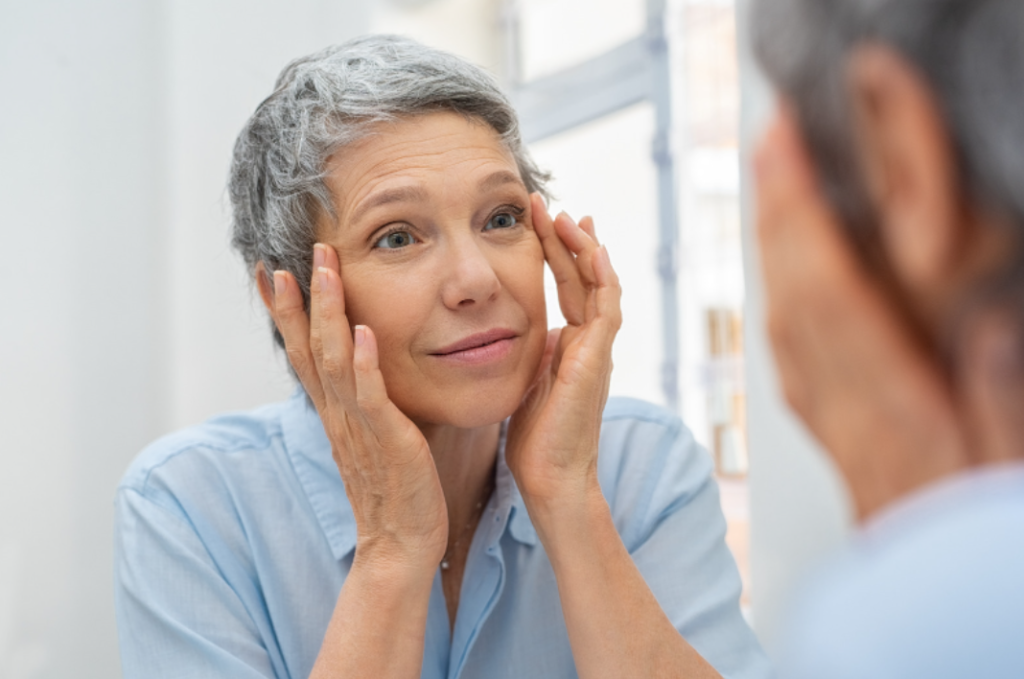



 Bonnie Kays might be one of the most active members of the Franklin Support Group. Not only is Bonnie on the Steering Committee, but she participates regularly in the Peterson Painters, Peterson Crafters and the Women with PD support group. If you are at any Franklin event, you can’t miss Bonnie.
Bonnie Kays might be one of the most active members of the Franklin Support Group. Not only is Bonnie on the Steering Committee, but she participates regularly in the Peterson Painters, Peterson Crafters and the Women with PD support group. If you are at any Franklin event, you can’t miss Bonnie.
 If you have ever been to a Franklin Support Group meeting, or attended the Navigating the Parkinson’s Path Annual Expo, you have probably been greeted by Reggie.
If you have ever been to a Franklin Support Group meeting, or attended the Navigating the Parkinson’s Path Annual Expo, you have probably been greeted by Reggie. The Peterson Foundation for Parkinson’s had the opportunity to speak with Nashville native, Don Thomas and his journey with Parkinson’s. Don grew up in the Nashville area for most of his life. He attended Glencliff High School and then to Middle TN State University for college and graduate school. In 1973, he married his wife, Vicki, and they have 3 children and 2 grandchildren. Before retiring Don worked in medical sales and sales management, including VP of Sales for OrthoHelix Medical.
The Peterson Foundation for Parkinson’s had the opportunity to speak with Nashville native, Don Thomas and his journey with Parkinson’s. Don grew up in the Nashville area for most of his life. He attended Glencliff High School and then to Middle TN State University for college and graduate school. In 1973, he married his wife, Vicki, and they have 3 children and 2 grandchildren. Before retiring Don worked in medical sales and sales management, including VP of Sales for OrthoHelix Medical.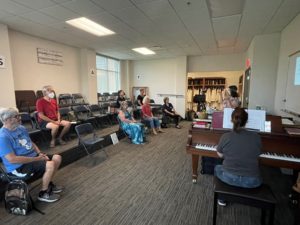 Studies suggest that singing interventions have the potential to increase vocal loudness, respiratory muscle strength, and voice-related quality of life in people with Parkinson’s disease.
Studies suggest that singing interventions have the potential to increase vocal loudness, respiratory muscle strength, and voice-related quality of life in people with Parkinson’s disease. Additionally, the “ahhh” volume showed an increase of 6-10 dB, essentially doubling their volume and making the group’s sound increase significantly.
Additionally, the “ahhh” volume showed an increase of 6-10 dB, essentially doubling their volume and making the group’s sound increase significantly.


 The Parkinson’s Handbook
The Parkinson’s Handbook
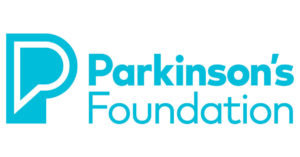 Parkinson’s: Substantial Matters
Parkinson’s: Substantial Matters